| new_products_oct_2023.pdf |
| doTERRA Essential Oil Wellness Advocate |
|
|
There are so many great products just released by doTerra. Check out this great guide to learn all about it.
TerraShield® has been reformulated! The new formula is designed to help you repel mosquitos and enjoy the outdoors.
https://www.doterra.com/US/en/terrashield-blend Check out this awesome e-book! It has so much information that you can use with your March BOGOS!
Did you know that certain essential oils are safe for your dog?
Use these recommended essential oils and remember to dilute them beforehand! Many essential oils can support bodily systems in your animals. When using essential oils topically with pets, be sure to consult with your veterinarian first. Wondering the best ways to use your BOGO products?
The BOGO eBook includes everything you need to know when it comes to these pure, incredible essential oils. Click HERE to download your copy. Feel Your Best with the Power of Nature
We're exposed to countless toxins every day. A toxin is any substance that places undue stress on the body. Toxic load is the sum of these substances, accumulated in your body, and the burden they place on organs at any given time. What are the potential consequences of a toxic load that’s too heavy? Toxins can cause imbalances, leading to negative effects on wellness and both your daily and long-term health. Goodbye Toxin, Hello Nature video Knowing this, why would we ever allow toxins in our lives? Why would we use products that might contain them? Of course, we don’t always mean to. Toxins are hidden in the everyday world around us. They sneak into the things we use to help us sleep, clean our teeth, protect our skin, calm an upset stomach, or deal with problems like discomfort. What’s worse, these products usually only mask the problem rather than solve it. Think about your bathroom cabinet. How many products do you use or consume on a regular basis that have toxins in them? The good news is you can choose what you bring into your home. When you look at the labels of the products you and your family use daily, you get to decide if you’ll put them in your body or in the garbage. You have choices, and once you know them, you’ll wonder why you ever settled for anything less than natural. Reducing the toxic load in your home is a process that happens one step at a time. Choose one simple area to tackle and start there. With the Cura Collection, you get a whole kit of essential oils and essential oil–infused products can provide safe, natural, and effective solutions to challenges you encounter in daily life. Cura is Latin for “care,” and the Cura Collection is exactly that—a care collection. Get the Cura Collection to care for your family. We all know the feeling of temporary aches and tension in our joints.
Whether it is our aging bodies or overworked muscles - we have a simple, natural solution. Deep Blue Soothing Blend to the rescue! Deep Blue was formulated to soothe and cool when massaged after a long day or a strenuous workout. Bonus: Deep Blue also comes as a rub which makes a handy option for easy, greaseless, topical application. (Make sure you do not apply this prior to bathing or within 20 minutes of exiting the shower.) Check out these other oils that can help relieve Joint Tension. Whether you are brand new or if you have been using essential oils for a while, you know that we have been talking about all of the amazing ways to live and love the low-toxin lifestyle. Once you realize how fun, easy and affordable it is to make simple swaps around your home, it’s almost addicting!
We have done TONS of simple swaps through the whole house. Look at all the great things you can do to “Makeover Your Bathroom Cabinet.” What are you most excited to see replaced in your bathroom cabinet? Do you do meditation often?
Have you tried anchoring your practice with essential oils? Some great ones to grab for are… ✅ The Yoga Collection ✅ Frankincense Oil ✅ Rose Oil Apply to your chest, down your belly, and in your palms. Then inhale deeply. Did you know that every oil has a vibrational frequency and can help to raise your vibrational frequency? Check out this chart. There are several ways to take oils internally; you can cook with the oils, take them in beverages, or put them in a veggie capsule to swallow. Using oils internally is a method that is best used only when you have a specific area of concern that can only be met by ingesting the essential oil. Keep in mind that you only need a drop or two at a time to reap the benefits of the oil. To learn more check out this Blog Post. 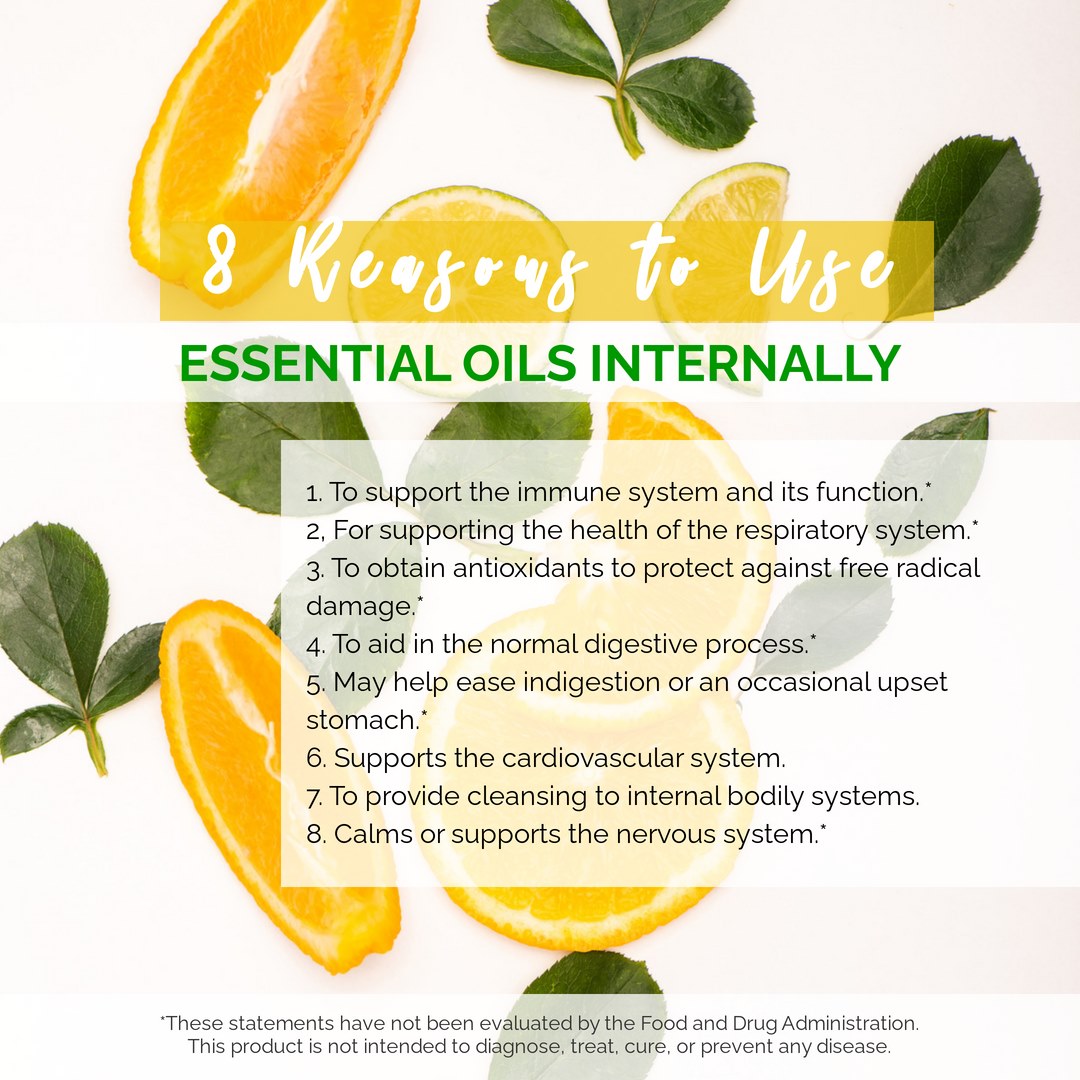 This is a great example of how essential oils can not only be safer, but they can actually pass through cell membranes. Since our body is made up of fat, they absorb very quickly. Water based products can no do that.
More proven science that essential oils are a great, natural alternative for all of us. Yes! Essential Oils work great on your pets, too.
Here are some great ideas for starting. Also check out these DIY's: Pet Calming Spray Itch Relief for Pets Spray for Anxious Dogs And you can even make pet shampoo. Shoot me a message for the recipe. 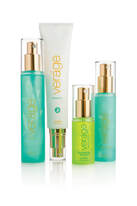 Do you have a skin issue? Redness? Scars? Breakouts? Brown Spots? Aging? Check out this Skin Care Handout that can help you find a natural solution.
Can you use essential oils while you are pregnant? The answer is yes. Just make sure you inform your doctor and use all the correct protocols. Check out these 2 videos. One is from Dr. Hill assuring us it's safe. The other is from Lauren Busch with the What, When and How. And here's a great file that has some great references for loving oils during your pregnancy.
Download this Nutrition and Supplement Handout and refer to it as needed.
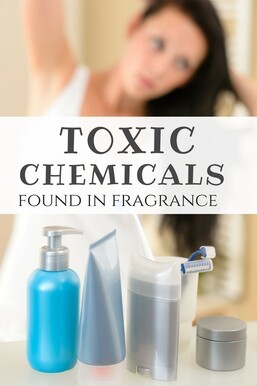 Over 1,400 chemicals are used in today's fragrances. According to a 1991 study by the U.S. Food and Drug Administration, 95 percent of these chemicals are derived from petroleum and some are potentially hazardous. It is so important that we look for natural ingredients. Scenting products with organic essential oils is the safest method. Here is a list of some of the top known chemical ingredients used in popular fragrances and the research about their toxic effects: Styrene: National Toxicology Program and the National Academy of Science declared styrene to be an anticipated human carcinogen in 2011. Phthalates: Studies found that phthalates are endocrine disruptors that can decrease IQ by 6 points in children whose mothers were exposed to them during pregnancy. The use of phthalates have also been linked to sperm damage in studies. Also, phthalates are also considered “obesogens” which means they can suppress the metabolism and contribute to obesity. Musk ketone: A skin irritant and hormone disruptor. Benzaldehyde: A known narcotic and lung and eye irritant. It causes nausea, abdominal pain, and kidney damage. Benzyl Acetate: Known carcinogen, which causes eye and lung irritation as well as coughing. Benzyl Alcohol: Irritating to the upper respiratory tract. Causes headache, nausea, vomiting, dizziness, drop in blood pressure, CNS depression, and death in severe cases due to respiratory failure. Camphor: Can cause dizziness, confusion, nausea, muscle twitching, convulsions. Ethanol: On EPA Hazardous Waste list. Can cause fatigue, irritate the eyes and upper respiratory tract even in low concentrations. Inhalation of ethanol vapors can have effects similar to those characteristic of ingestion. Causes CNS disorder. Ethyl acetate: Can cause eye and respiratory irritation. Limonene: Known carcinogenic. Linalool: Can cause respiratory disturbances in animal studies, depression, and central nervous system disorders. Methylene chloride: This substance has actually been banned by the FDA due to severe toxic effects; however, the ban is not enforced as it still may be found in labels listing “fragrance”. Acetone: On EPA, RCRA, CERCLA Hazardous Waste lists. Inhalation can cause dryness of the mouth and throat; dizziness, nausea, incoordination, slurred speech, drowsiness, and, in severe exposures, coma. Acts primarily as a central nervous system (CNS) depressant. So don't hesitate in ridding your cabinet from all those chemicals. There are so many fragrances to choose from. Contact me today if you need assistance in finding the right scent for you. Just a little reminder of the top 10 oils that everyone should have in their home. Here's a great image with some suggestions, too. What's your favorite? 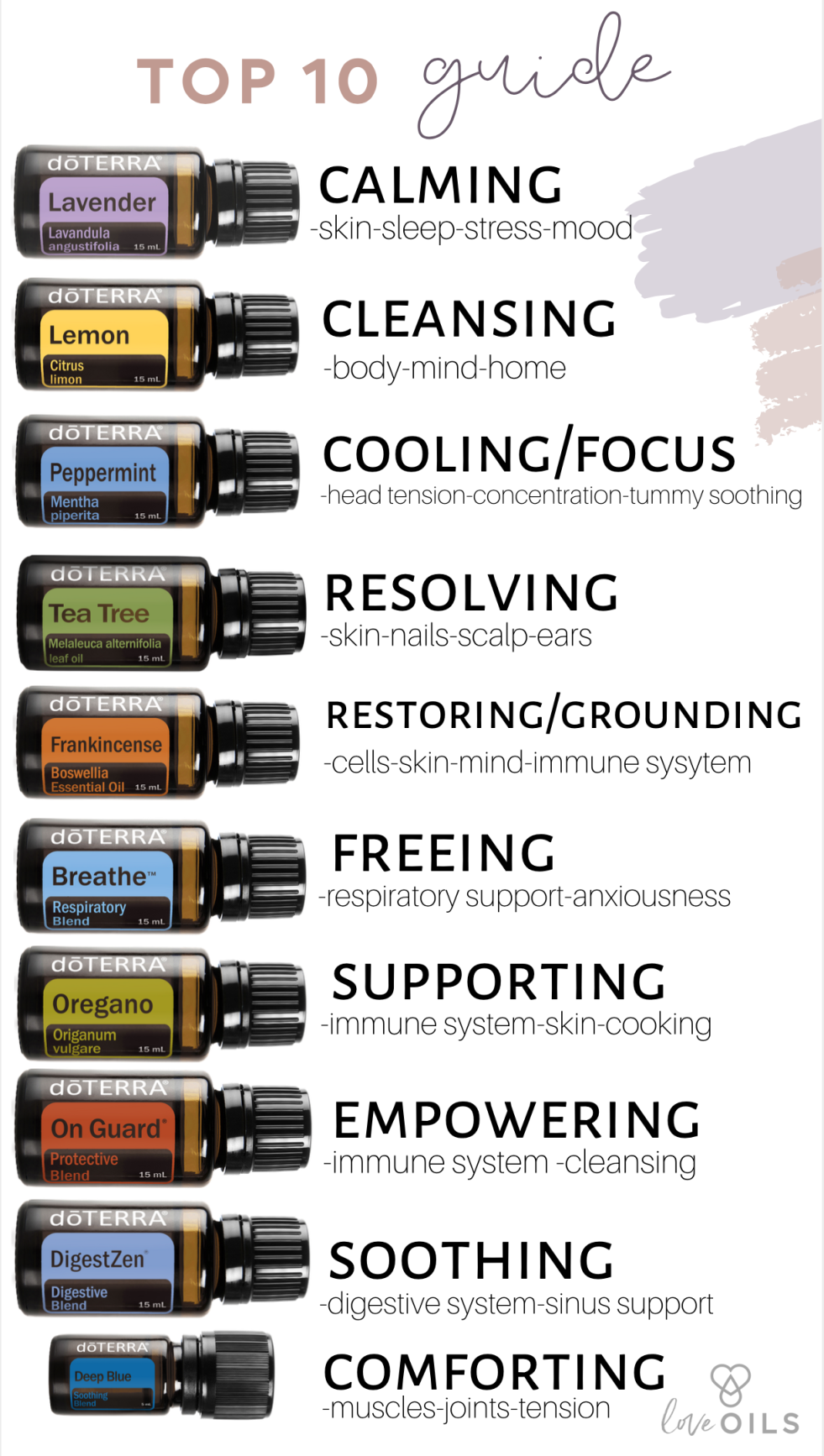 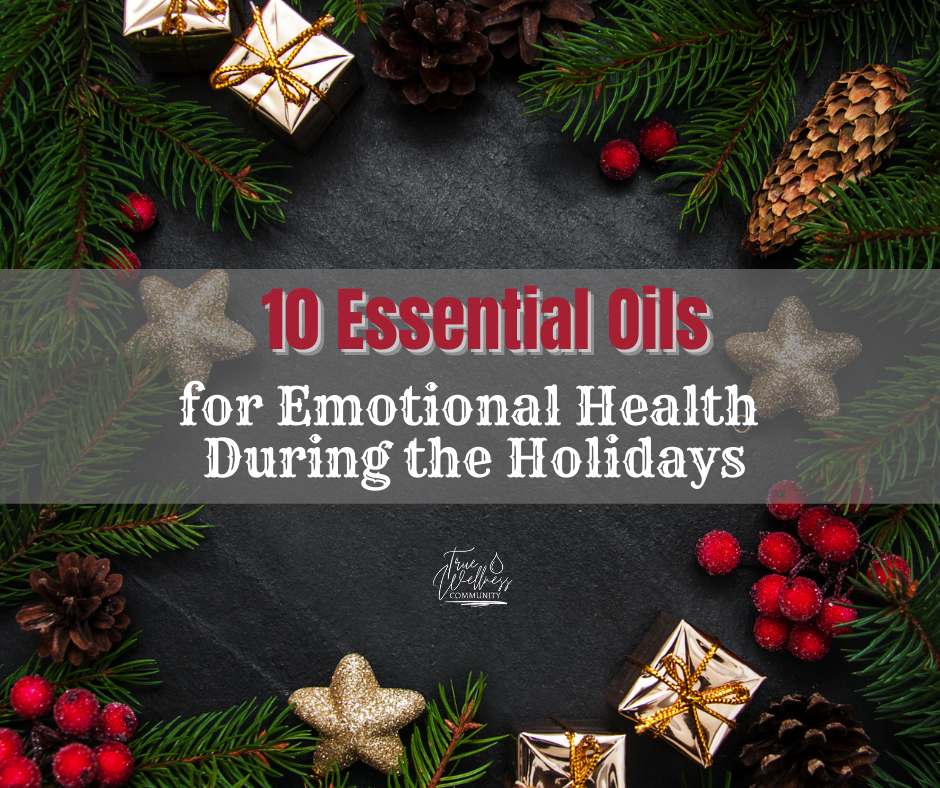 Our emotional health can directly influence how the rest of our body feels and functions. When we are in emotional distress, it lowers our overall quality of life and how we feel day-to-day. Emotional health affects how we make decisions, how we interact with others, and how we respond to events that happen in life. Things like stress, anxious feelings, changes in the weather, and a host of troubling (yet common) emotions can negatively influence our mood. Some studies have even shown a negative correlation between the use of smartphones and mental health. No matter what is distressing us, it is important to find tools and coping methods to help counteract negative emotions—otherwise it can seriously impact our quality of life. Among many resources, we can use essential oils for emotional health by creating a sense of calmness and well being, or producing an uplifting environment. Every essential oil has its own unique chemical profile, but most oils can be categorized as having either uplifting or calming properties. 10 best essential oils for emotional health UPLIFTING OILS
When you’re ready to use essential oils for emotional health, there are a few ways to effectively experience the potency and power they have to offer. When you find the oil you want to use, try any of these application methods:
Remember, essential oils work differently for everyone. Because each oil has such a complex chemical makeup, and because aromas interact with the part of our brain that stores our personal memories and experiences, no two people will experience one essential oil in the same exact way. It is important to remember that an oil that is comforting or uplifting for someone else might not have the same effect on you. Discover your favorite oils. Try smelling a few oils with your eyes closed to see which ones you really like. By taking in the aroma of the oil, it is easier to discover what really helps you. Incorporate oils into your personal routine. To utilize the calming, uplifting, grounding, energizing, or comforting effects of essential oils for emotional health, try incorporating your favorite oils into your everyday activities. Essential oils can be used during yoga, as part of your skincare routine, diffused in the car, and nearly any other part of your day you can think of. Be consistent. Rather than using essential oils sporadically when you want to alter your mood, try using small amounts on a more regular basis. Some people complain that they don’t experience the benefits of essential oils for emotional health, but a one-time application isn’t always a guarantee of a mood change. Practice other healthy habits. As mentioned, essential oils are just one resource for promoting good emotional health. By adopting other healthy habits in conjunction with essential oil use, you can help to promote better emotional health overall. Things like quality sleep, a healthy diet, regular exercise, and getting time outside in the sun are an important part of feeling emotionally healthy. Seek extra help. When your quest for an emotionally-balanced life becomes overwhelming, don’t be afraid to ask for help. Reaching out to friends and family and seeking professional help can provide you with extra help on your journey to good emotional health. The Cuisine Blends Cooking Collection is now available.
Click HERE to get your downloadable pdf of great recipes. 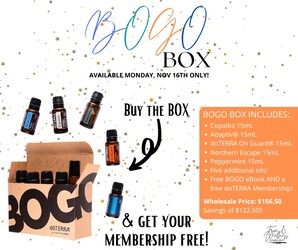 Did you purchase the BOGO Box last week? Or maybe just a couple of the BOGO's? Then this guide is just what you need. Winter is settling in. A warm, crackling fire, with loved ones gathered for a cozy night of talking and laughing. Along with holiday joy, quiet evenings, and plenty of blankets, winter also brings the usual challenge of how to stay healthy through the season. If you’re looking for a starting lineup of essential oils to keep you feeling strong all season, look no further. Between Adaptiv®, Air-X™, dōTERRA Breathe® Touch, Copaiba, Northern Escape, dōTERRA On Guard®, Oregano, Peppermint, Siberian Fir, and Ylang Ylang, you’re off to an incredible start. In the downloadable file below, you’ll learn the what, where, when, why, and how of each one of these amazing products. Plus, you get some helpful DIY ideas and quick tips. As you put these essential oils and blends to work, you’ll find a unique winter care routine that supports and nurtures your health and your family’s.
DoTERRA's Northern Escape Woodland Blend is available tomorrow in the BOGO Box to kick off BOGO Week!
Don't miss out. While supplies last! |
Archives
October 2023
Categories
All
From the AuthorThese statements have not been evaluated by the Food and Drug Administration. This product is not intended to diagnose, treat, cure, or prevent disease. |
||||||||||||||||||||||||||||||||||||||||||
|
|
|